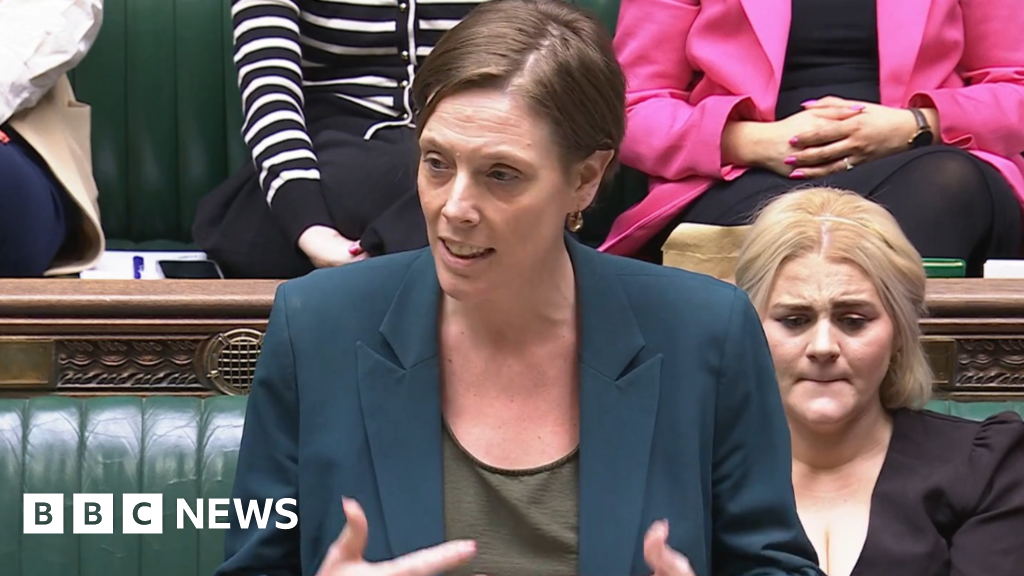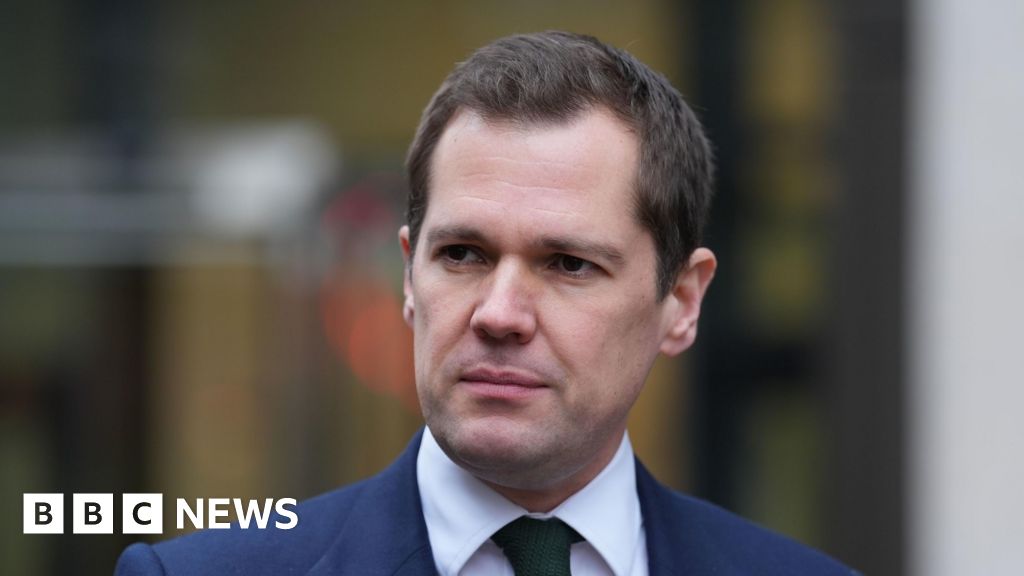ARTICLE AD BOX
Rachel Reeves will give a statement to Parliament on Monday promising “honesty” about the scale of the financial challenge faced by the new Labour government.
This spending audit is an unusual exercise, that has not occurred before.
It is not about new policy or a fresh borrowing forecast. Instead, Treasury officials have been digging into departmental plans to unearth some unexpected costs and implied cuts to public services, under spending plans inherited from the previous government.
Publishing a warts-and-all audit on public spending pressures is risky. It will be a significant test for the new chancellor.
When she stands up and tells MPs that she has discovered billions of pounds of unexpected spending pressures, many will have questions.
Are these pressures really unexpected? Were they saved from the shredders of the last government’s files?
The first task for a new chancellor is to win credibility with investors, and with voters. Everything a finance minister achieves economically is made easier by having that trust.
But the last few years have demonstrated that credibility is hard to gain and much easier to lose.
Losing credibility makes even simple policies difficult.
Reeves has made a big play of preventing any future government from sidelining the UK's independent forecaster from assessing its economic plans like former prime minister Liz Truss did for her short-lived mini-budget.
Indeed, she is legislating for powers to be given to the Office for Budget Responsibility (OBR) to make judgements on any major taxation or spending announcements.
The OBR is not involved in Monday's process, though we might hear from them after the event.
In past reports, it has implied that it has regularly miscalculated borrowing in official forecasts because it has underestimated government departmental spending.
Last year, it pointed specifically to its legal requirement to condition its forecasts on “stated government policies” even when they were viewed as unrealistic.
In March, for example, the OBR said real per person spending in the UK was likely to be 8% less in 2027 than originally set out at the last Spending Review which detailed plans for public spending for government departments.
On Monday, the question is whether Reeves has detailed evidence for what this means in practice.
Home Secretary Yvette Cooper has already said that the now scrapped Conservatives Rwanda scheme cost £700m. In areas given no protection from spending cuts, the civil service would have mapped out scenarios for the implication of real cuts to prisons, courts, universities, further education colleges and councils, including social care for adults and children.
The new government seems to be suggesting that the huge spending required on basic public services, means that there is not much room for choice. Councils - for example - are spending the bulk of their budgets on services that they have a statutory requirement to provide.
It cannot be a surprise that spending in certain areas was being squeezed very hard.
But are the public sector pay settlement recommendations, which are about 3% higher than current spending plans, really so much of a surprise? Regardless, it is still the government's choice whether they accept and fund these.
In almost every Parliament (except the last one) new governments have chosen to raise taxes in their first Budgets. It does seem as if Monday's plan is part of a process leading to that in the Autumn.
The government has already ruled out raising rates on taxes responsible for 75% of the revenue take.
But the new chancellor will need her officials to have found some smoking guns in the departmental paperwork, or else have to explain why this was not all made clearer to voters, before the election.

 8 months ago
27
8 months ago
27








 English (US) ·
English (US) ·